There are Different Types of Memory
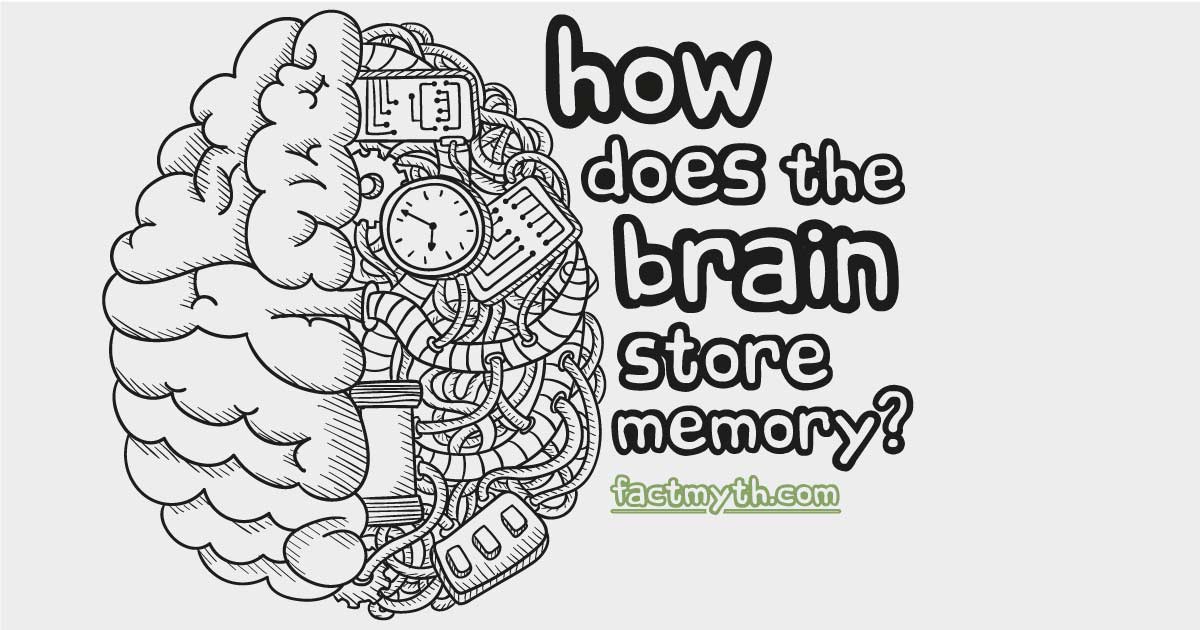
There are three basic types of memory: sensory memory (what we perceive), short-term memory (what we think about), and long-term memory (what we know).
Thinking is the process of understanding the human experience including self-awareness, ideas, and imagination.

There are three basic types of memory: sensory memory (what we perceive), short-term memory (what we think about), and long-term memory (what we know).
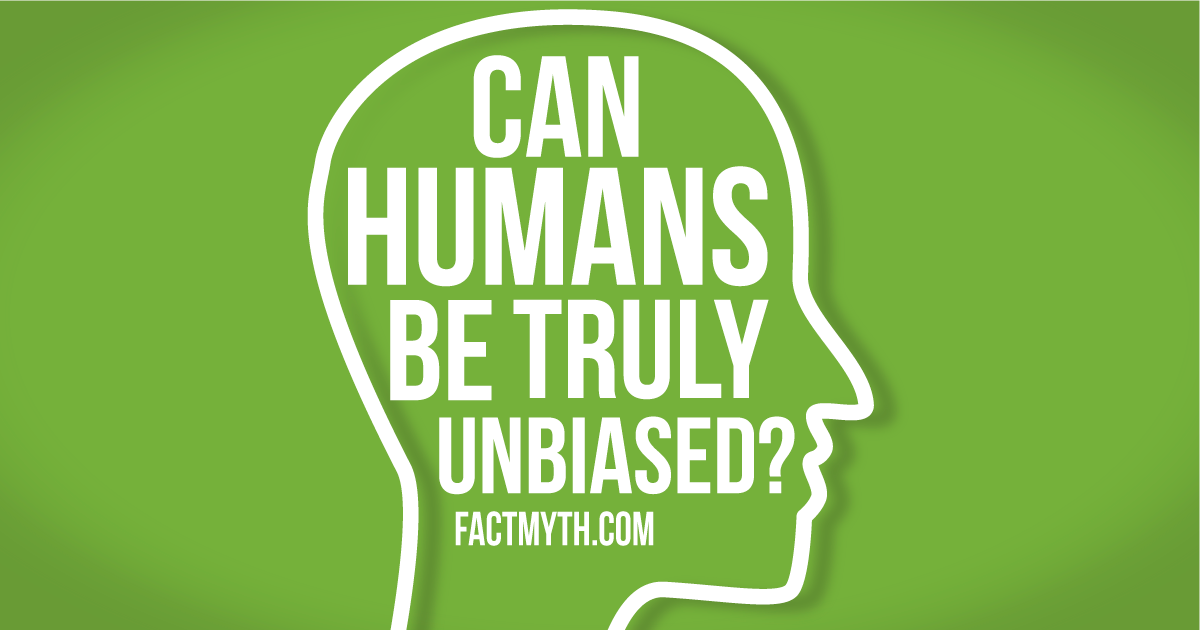
People can’t be truly unbiased; we are hardwired with bias and create bias constantly as part of the natural neurological process of learning.
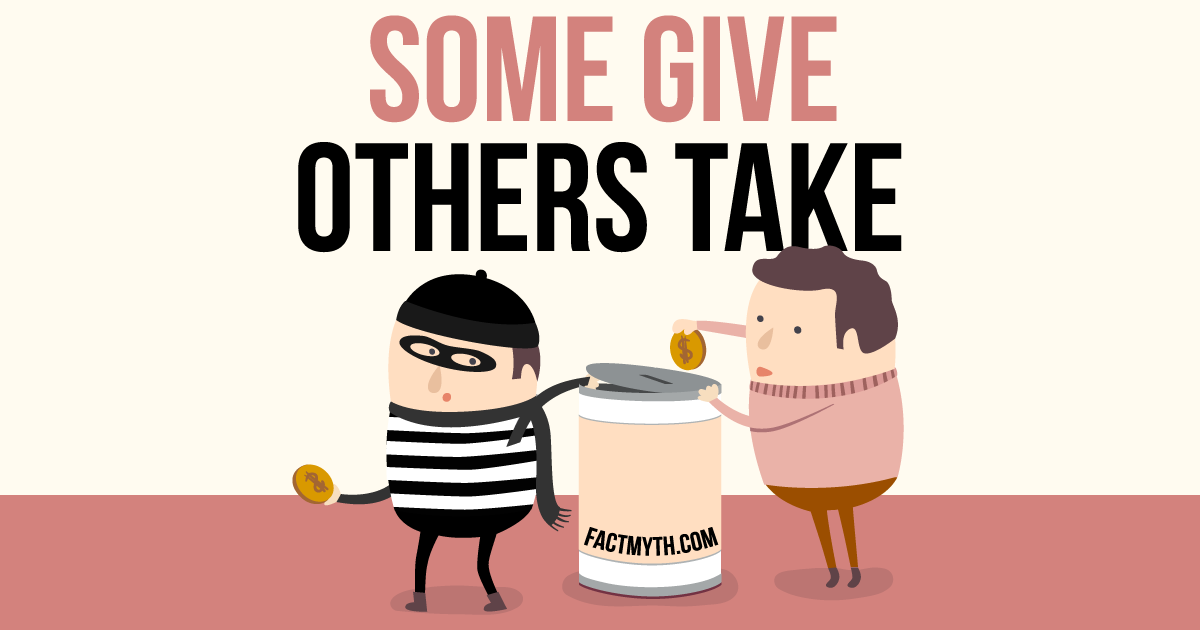
Humans are born both selfish and compassionate; we are hardwired to show compassion to our group and fear to those outside it. It’s genetic self-interest.
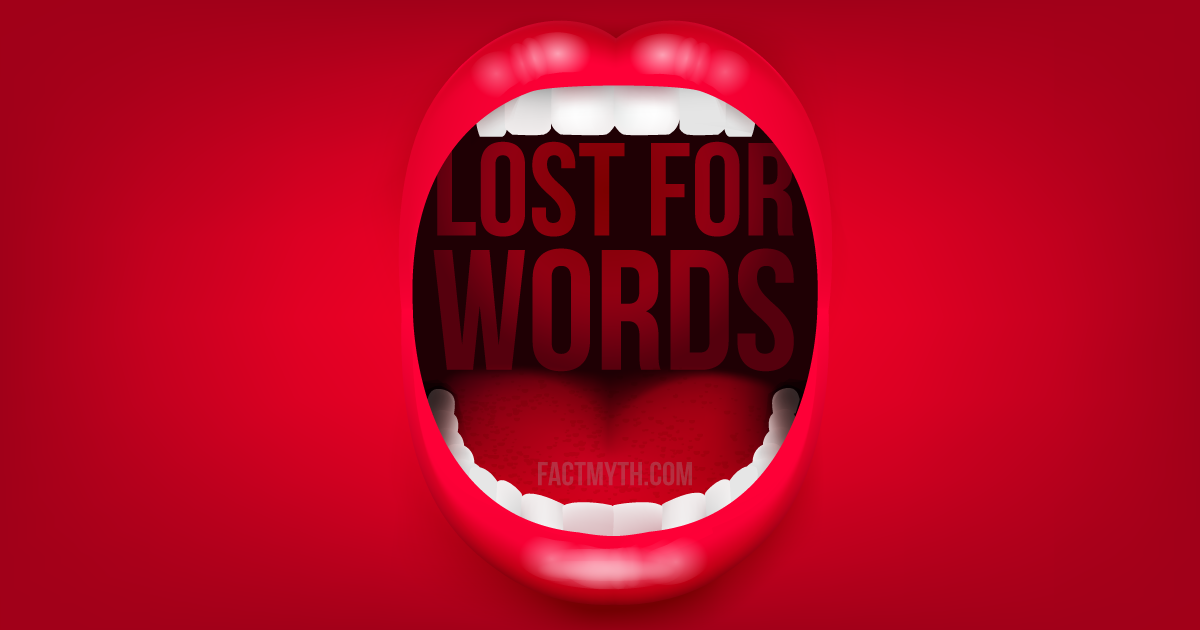
The speed and complexity of our thoughts exceed our abilities of language and communication, specifically our ability to convey complex ideas.
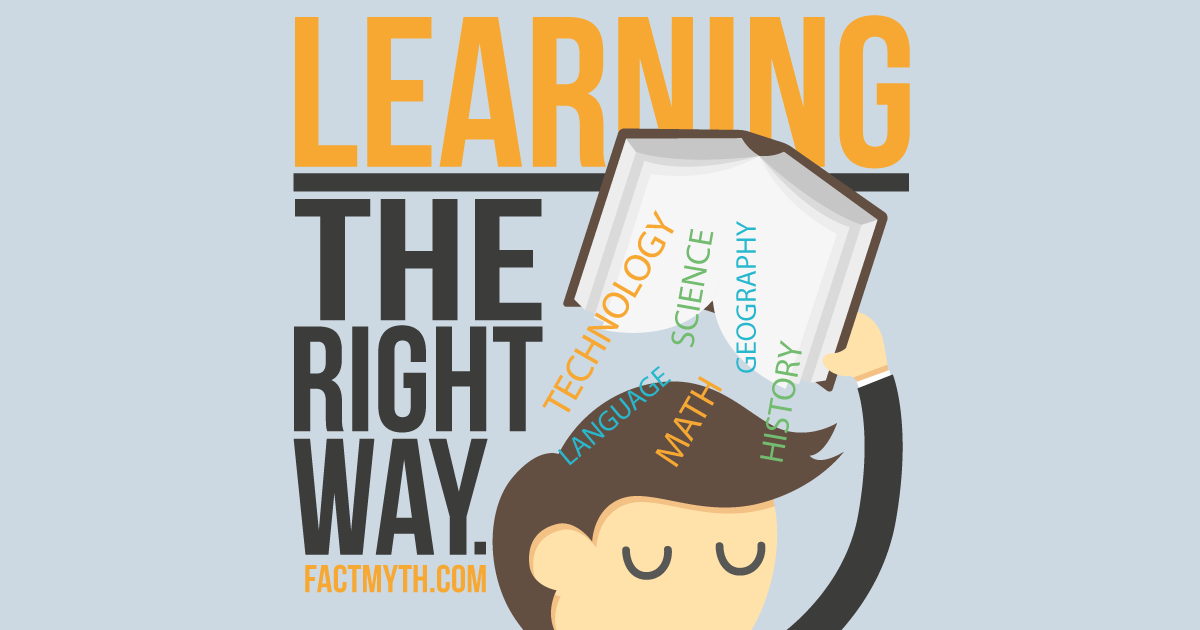
The best way to learn isn’t “being taught”, its mixing self-directed learning with the roles of student, peer, and teacher in different social settings.
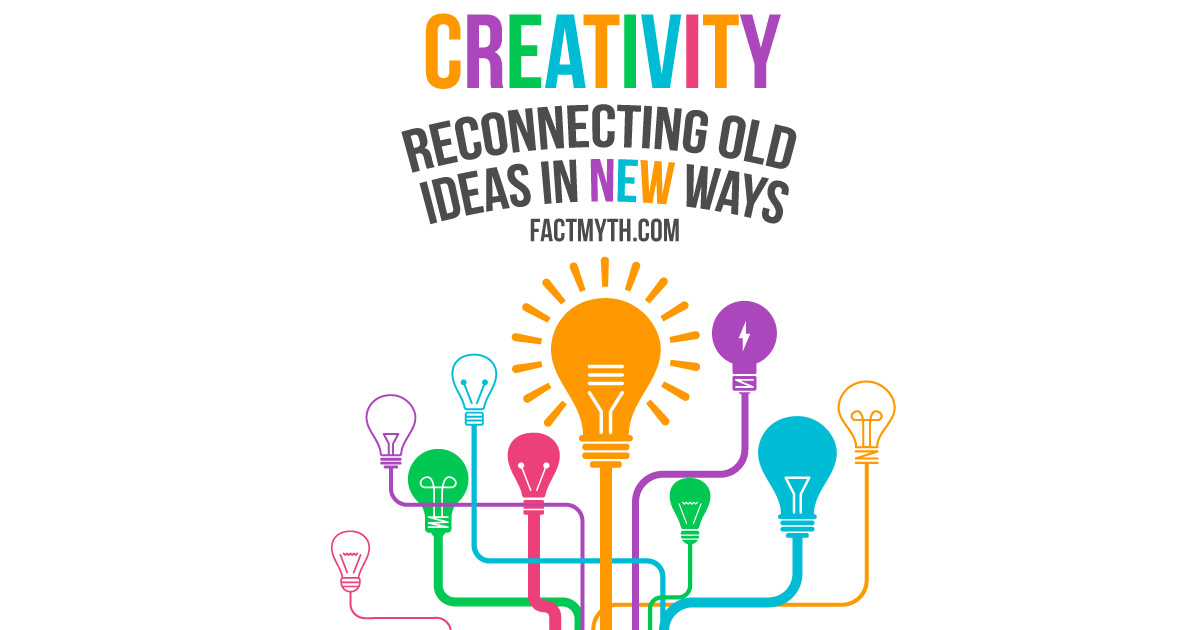
Humans can’t have new ideas without prior sensory input. We copy, transform, and combine old ideas to create new ones.
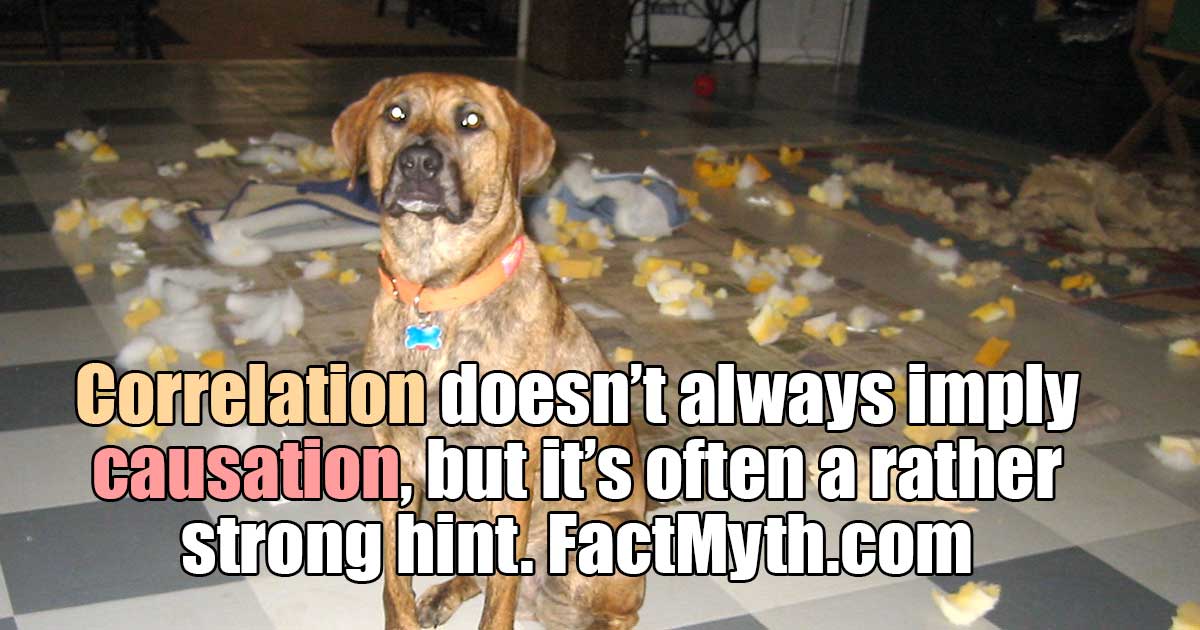
Correlation does not imply causation, but it can indicate it. The more correlating factors between events, the more likely there is a causal relationship.
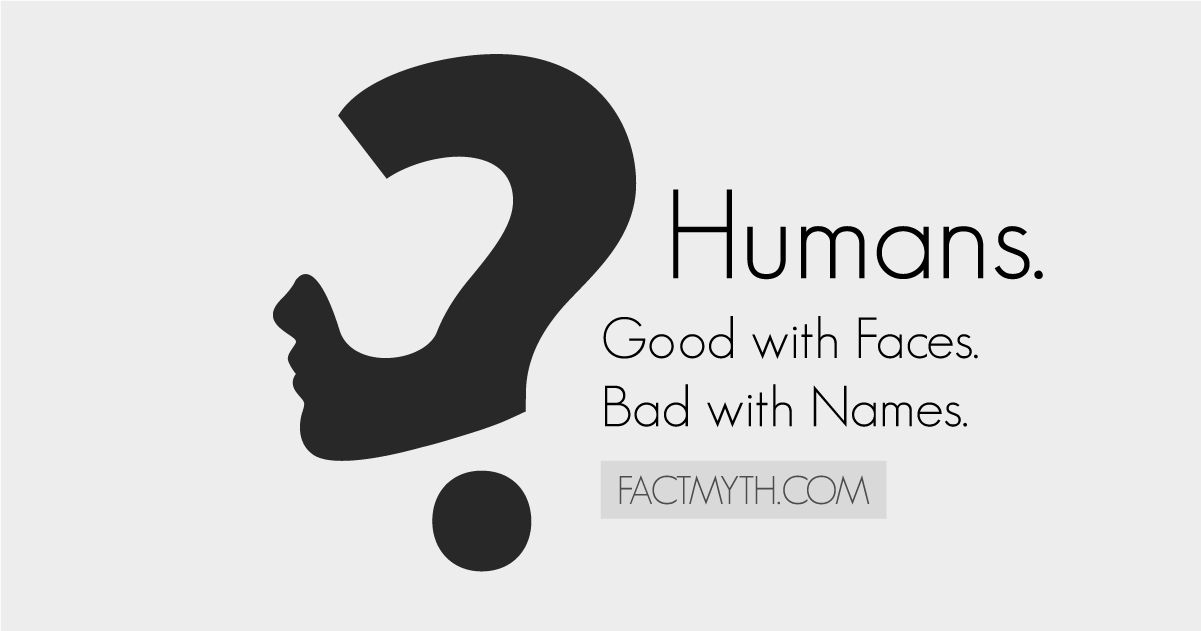
The average human has a limited short-term memory and a fairly inaccurate long-term memory. This is due to the way we process, encode, and recall memories.
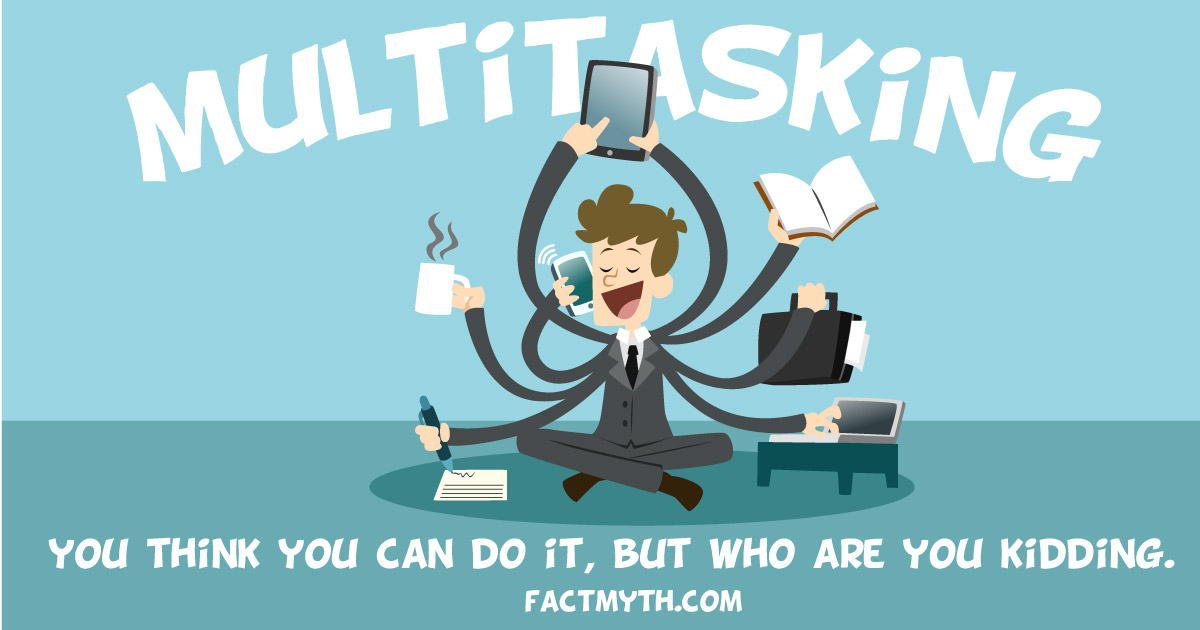
People can’t multitask effectively. Giving simultaneous attention to tasks, or alternating and dividing attention between tasks, reduces the performance of at least one task.
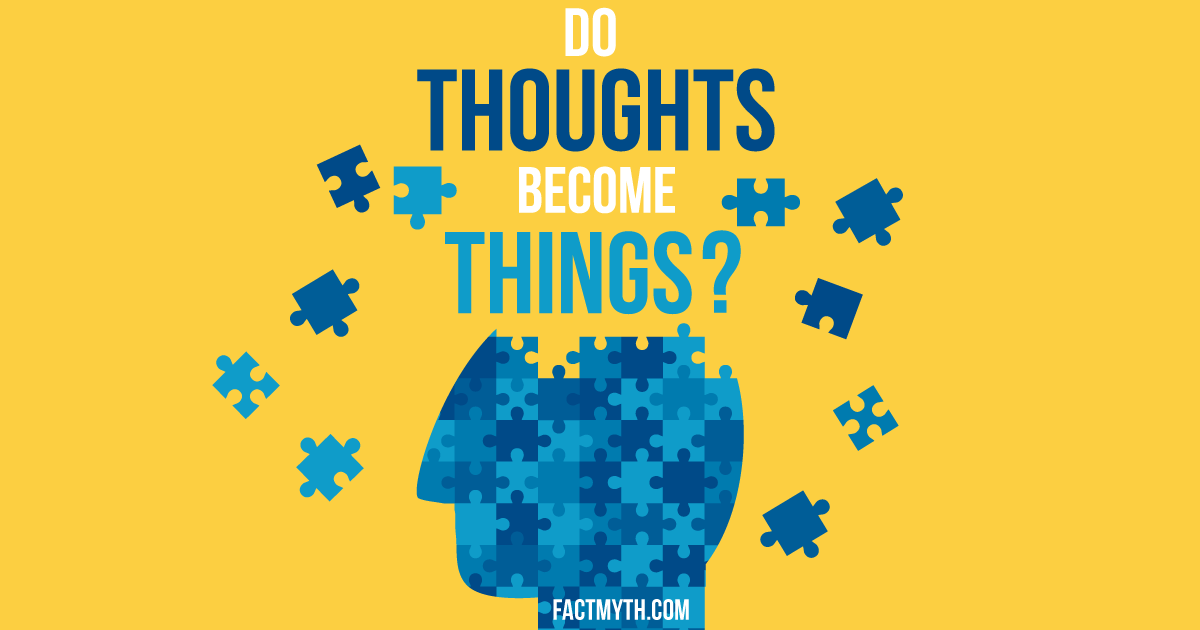
Our thoughts can shape our inner reality and outward perceptions of things (neuroplasticity), but to affect or create a reality outside ourselves, we must interact with the world and communicate our thoughts.